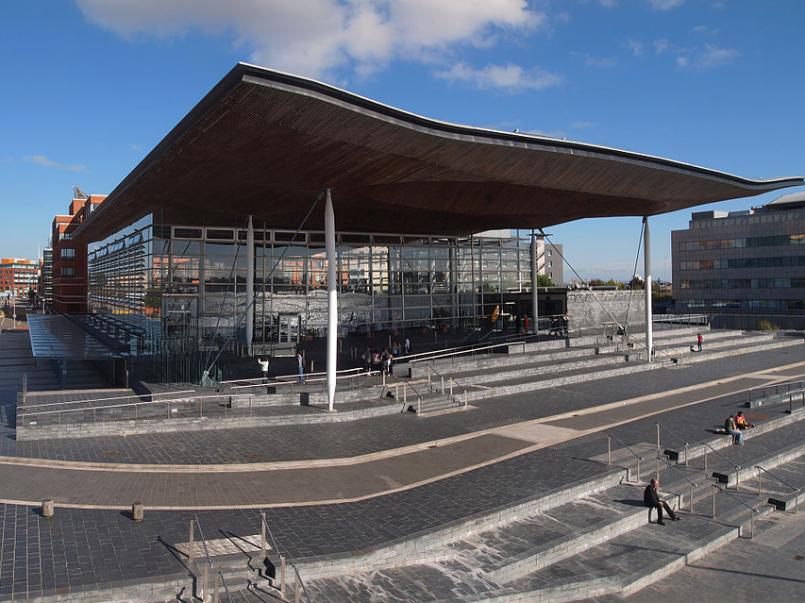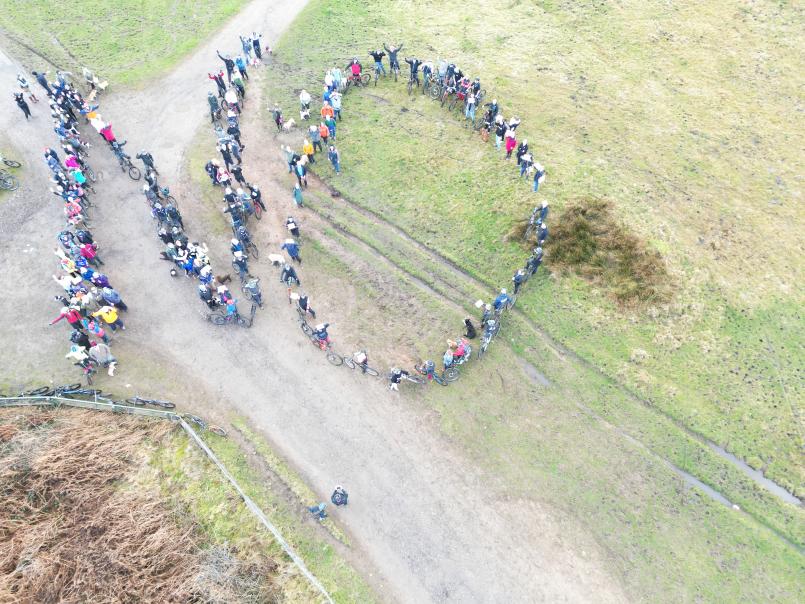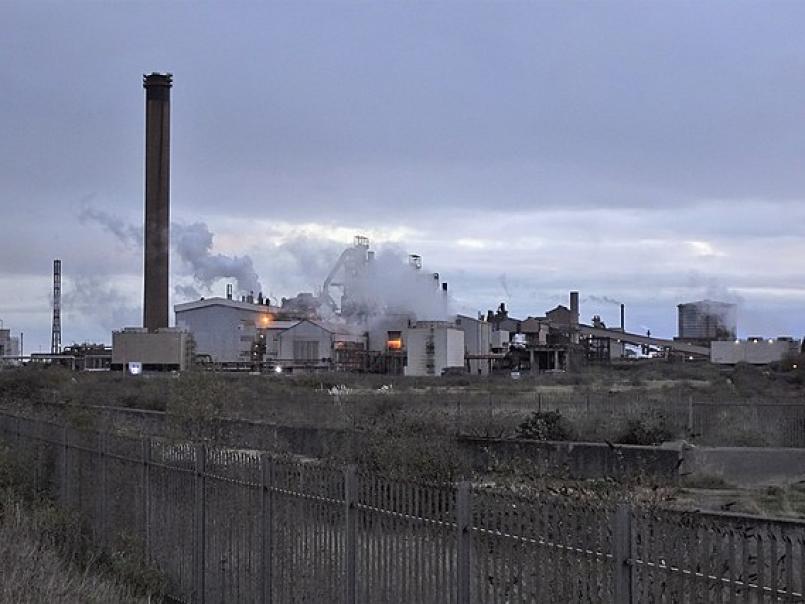What we’re asking of the new First Minister
Published: 21 Mar 2024

Vaughan Gething MS has now been confirmed as the new First Minister of Wales.
We’re calling on him to put people and planet first to ensure a just transition to a zero-carbon nation in a globally responsible way.
2023 was the hottest year on record at 2.12 degrees above the 20th century. Even scientists are shocked at how quickly our climate is breaking down. Heat waves, drought, famine, wildfires, floods are becoming ever more frequent and at a pace even faster than predicted.
But there is hope, and we still have time to make a difference, if we act like this is a true emergency by always putting the people and the planet first.
The new First Minister of Wales must view all decisions through this lens, and climate justice must be at the heart of their programme for government.
Communities that are doing the least to cause the climate to heat up are suffering the most. They are also struggling the hardest to adapt. This is true for Wales as well as for countries in the Global South. Those on low incomes, people of colour, and communities whose livelihoods depend on carbon intensive industries, are being hit the worst and so will need the most support.
Wales is a country abundant in natural resources, like tidal and wind, and we’re in an ideal position to provide opportunities for people from all walks of life to thrive and adapt to this new world.
That's why we're calling on the next First Minister of Wales to commit to making climate justice central to his government, and to prioritise the following:
-
Act on the work of the independent Wales Net Zero 2035 Challenge Group chaired by Jane Davidson.
-
Guarantee Wales’ future as a fossil free nation by introducing a ban on coal extraction in Wales.
-
Restore former opencast coal sites so they are safe and accessible for the local community, and initiate an independent public enquiry into contaminated land sites and dangerous industrial legacies in Wales.
-
Commit to reducing microplastics in Wales by bringing together a panel of experts and agreeing a plan of action.
-
Introduce air quality targets for Nitrogen Dioxide (No2), as a matter of urgency, and ensure the clean air plan and legislation is implemented swiftly and effectively for the sake of our health, reducing inequalities, and the environment.
-
Stick to the commitments made following the publication of independent road review panel report, support the 20mph speed limit, and make other brave decisions necessary to decarbonize our transport system and encourage a modal shift in the way people travel around Wales.
-
Urgently implement part 1 of the Warm Homes programme, to support fuel poor homes, introduce proposals for the energy efficiency and decarbonisation of all Wales’ homes and lobby the UK government for additional funding to deliver these policies in Wales.
-
Prioritise an economy that works for people and the planet, by focusing on the foundational economy, and following the lead of New Zealand by developing a Living Standards Framework to measure progress and shape policy rather than a focus on GDP.
-
Do not invest or give permission to new high-carbon infrastructure, which is incompatible with our net zero targets, and ensure that the annual fiscal budget aligns with our carbon commitments and the Well-being of Future Generations (Wales) Act 2015.
-
Strive to transform Wales into a green economy 'powerhouse' to enable a fair transition to a low carbon future in a way that protects workers and the most vulnerable, creating jobs and investing to make our nation more prosperous and sustainable for current and future generations.
-
Ensure that public sector organisations make decarbonisation a priority and meet net zero carbon by 2030.
-
Champion the deposit return scheme (DRS) for Wales and the Extended Producer Responsibility (EPR) scheme by working closely with the UK and other devolved governments to avoid further delays in their introduction.
-
Protect the most vulnerable communities and groups from the impacts of climate change, and proactively plan for current and future climate risks e.g., housing standards that are adaptable to heatwaves, and introducing a recommended water use level per person.
-
Make it your mission to tackle the nature emergency alongside the climate emergency by delivering on the 30 by 30 target and on the recommendations in the biodiversity deep dive, particularly the recommendation to set statutory nature recovery targets for Wales.




